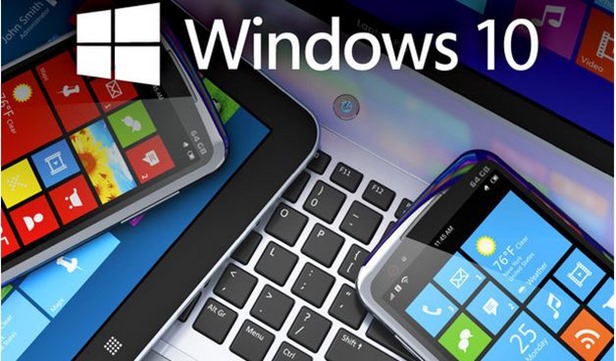Microsoft Can Remotely Disable Your Pirated Games and Unlawfully Hacked Devices on Windows 10

The new update has just been around for a tiny span of time, and is spinning the controversy wheel, darting on piracy issues one after the other. Video game piracy, or counterfeit games as its called, has been a major issue in the PC gaming industry for a very long time. However, Windows 10 is the first ever version of Windows where Microsoft is pitching its marquee operating system as a service instead of a standalone software product.
This big change to Windows where it can delete your pirated games had not been noticed by anyone for quite some while. PC Authority spotted it and put into public light that Microsoft has changed the End User License Agreement (EULA) for the OS, which now allows Microsoft to remotely delete pirated software on your machine. “Sometimes you’ll need software updates to keep using the Services. We may automatically check your version of the software and download software updates or configuration changes, including those that prevent you from accessing the Services, playing counterfeit games, or using unauthorized hardware peripheral devices. You may also be required to update the software to continue using the Services,” states the updated EULA agreement. This means that, if you use Windows 10, a Windows phone, or any other service of Microsoft for that matter, Redmond can disable any games you’ve pirated. We see that the specifics of this statement are very unclear yet.
There have been many developers who have sought to avoid it by hard-coding impossible odds into their games, and having a purchased activation code on your computer can only solve those. An exactly similar issue is also now becoming prevalent on Android and iOS devices that are jail broken. However, under Microsoft’s new EULA, Windows 10 Mobile would be able to combat any pirated software a user loads onto their phone.
Windows 10 is a operating system that will span across different hardware categories -phones, tablets, notebooks, desktops, wearables, game consoles, and IoT hardware. Markets of India and China run pirated copies of softwares and games on a large scale. They have a wider scope and scale due to population, non-ability to spend on them, or sometimes non-willingness to spend on original copies when pirated are available for nuts, or sometimes even free. People even run pirated copies of operating system itself. We believe that is probably why Microsoft was also in a way forced to make Windows 10 a free upgrade including pirated users of Windows 7 and 8.
However, in this new updated agreement, we are yet to figure out how would Microsoft be determining whether or not you’re running pirated software. Even one’s privacy is at stake here as Microsoft will probably be keeping a close eye on your system and what type of hardware and software you’re running.
